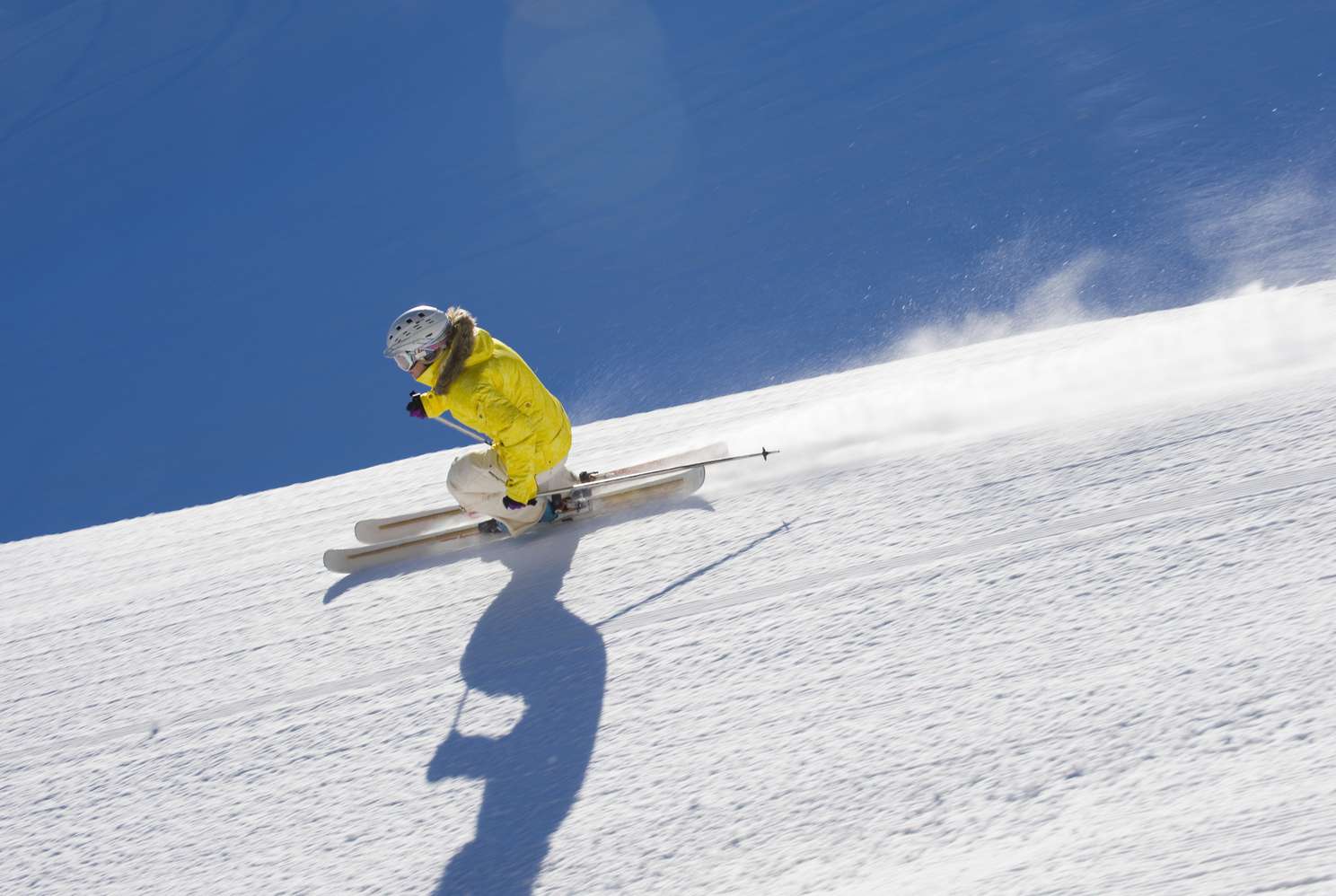Chilly climate does not should cease you from outside train, however you will need to gown for the circumstances. If you wish to make the most of the exhilaration of winter train, studying find out how to gown for it is going to assist maintain you heat and cozy when you get some contemporary air and preserve your health.
Layer Clothes for Winter Exercises
One of the simplest ways to remain heat and dry throughout cold-weather train is to discover ways to correctly layer your clothes. By sporting clothes in a particular mixture of layers, you’ll extra simply regulate your physique temperature, maintain moisture away out of your pores and skin, and keep heat and dry whilst you might be working up a sweat.
The layers you put on for a given exercise are matched to the climate, your exercise degree, and your private choice. There are basically three layers to think about, and every has a particular perform.
- The bottom layer: Wicks moisture and perspiration away out of your pores and skin to maintain you heat and dry.
- The mid layer: Insulates and retains you heat.
- The outer layer: Permits moisture to flee whereas blocking wind and repelling water.
Chilly Climate Train Security
The Base Layer
The bottom layer is in touch together with your pores and skin. A decent-fitting and wicking materials is finest to maintain you heat and dry. Polypropylene, silk, polyester, Thermax, Thinsulate, and wool are all good decisions.
Keep away from cotton as a result of it traps moisture, so it stays moist and attracts warmth from you. Base layers are available numerous weights (light-weight, midweight and heavyweight). Choose a weight primarily based on the skin temperature and your exercise degree. The lighter weight is healthier at wicking, the heavyweight has extra insulation.
The Mid Layer
The mid layer offers insulation. It ought to be a bit looser than the bottom layer, however to perform correctly it wants to keep up contact with the bottom layer. Mid layers additionally carry moisture away from the bottom layer to the outer layer.
A standard materials for mid layers consists of down, polyester, fleece, wool and newer artificial/pure blends. Many mid-layer clothes has extras equivalent to armpit zips, lengthy entrance zippers, and adjustable cuffs and collars.
The Outer Layer
The outer layer blocks wind and permits moisture to flee. Typical outer layers embody shells manufactured from Gore-Tex or an identical materials. Extras equivalent to pit zips, ankle zippers (for pants), and a wide range of air flow choices are commonplace.
Outer layers must also be powerful sufficient to face up to tears and abrasions. Different much less high-tech choices might embody wind-resistant supplies or waterproof materials.
To keep up the lifetime of your clothes, comply with the care directions on the merchandise. Artificial, technical materials must be cleaned correctly with a purpose to wick, insulate and repel water. Particular cleansing merchandise can restore moisture wicking and water repellent properties if obligatory.
Upon getting a layering plan, you possibly can modify your temperature management just by eradicating or including layers as wanted.
Protecting Your Extremities
After your core is roofed, you have to correctly gown your head, arms, and toes. Put on a hat, mittens or gloves, socks, and footwear or boots that match your exercise and climate circumstances. To chill your self when you overheat, you possibly can typically simply take away your hat or gloves.
Remember the fact that wind-blocking material can be necessary for hats and gloves. Though fleece is heat, it doesn’t present safety from wind.
A Phrase From Verywell
Correct layering, together with consuming for chilly climate train, will solely make you extra comfy throughout winter exercise. Dressing appropriately additionally protects you from chilly publicity, which may result in uncomfortable shivering and extra severe circumstances equivalent to frostbite or hypothermia. Keep heat, keep energetic, and keep secure.


